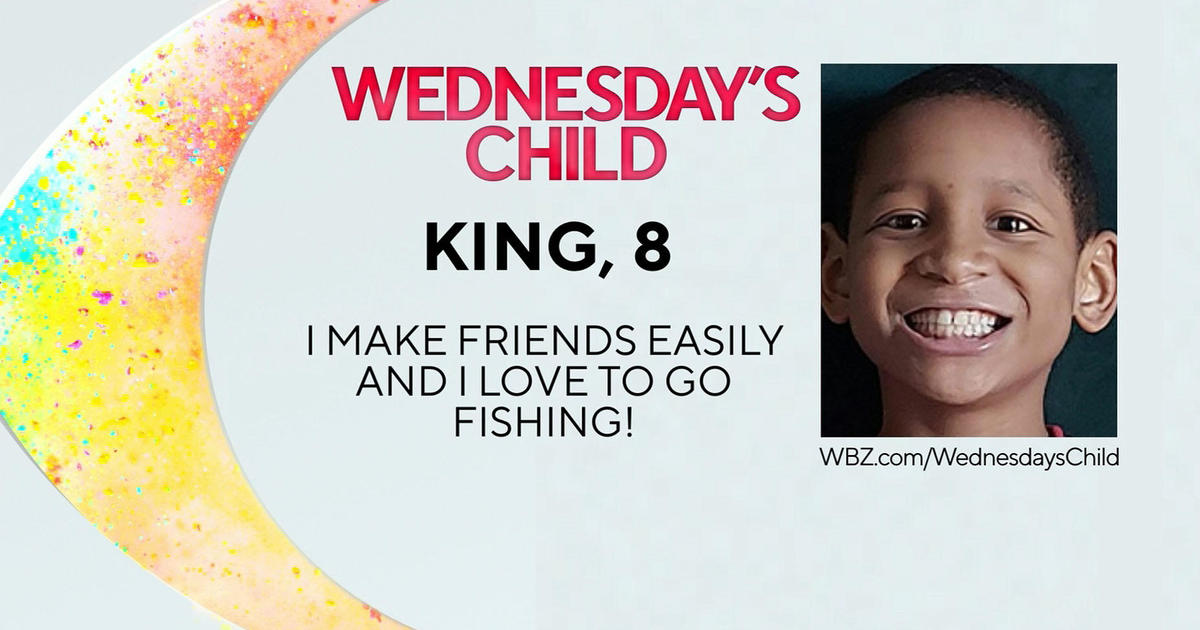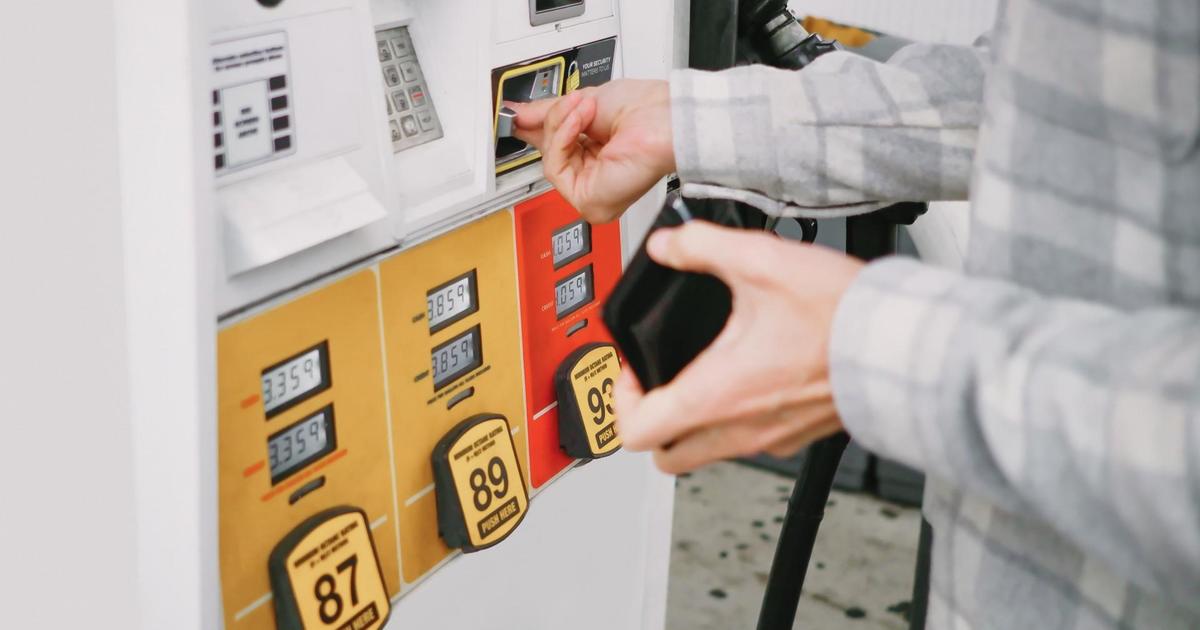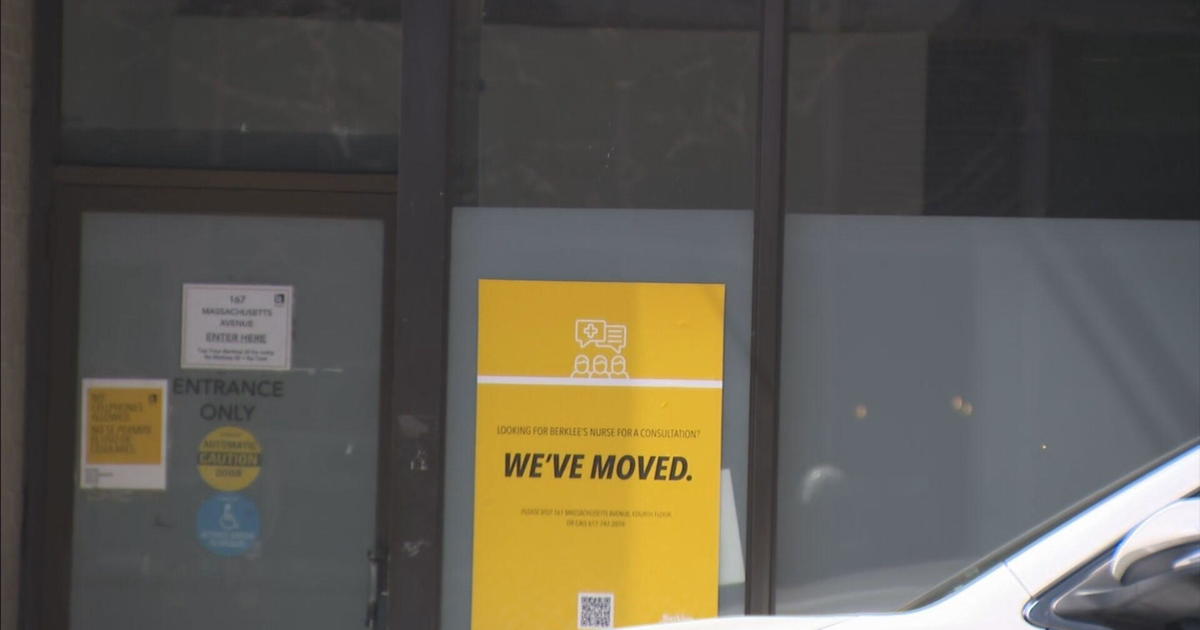The Pros & Cons Of Opening A Franchise
Franchises are a booming business. As such, they’re appealing to entrepreneurs who want to operate a storefront without investing too much in the traditional costs of starting a business. These traditional costs may include research, development and advertising, just to name a few. But even with saving on traditional costs, starting a franchise is still a big investment. Before investing in a franchise of your own, carefully consider the pros and cons of franchise ownership.
The Pros
One of the biggest draws to opening a franchise is that you already know you’ll be working with a proven business plan. But that’s just the tip of the iceberg.
- Standard operating procedures: With an established business plan also comes procedures that have fared well at other locations. Additionally, employee training systems are typically already in place.
- Assistance is part of the package: By participating in a franchise, you can share the challenges with others and get assistance on everything from real estate and operations to sales and marketing.
- Be part of a brand: Many franchises are easily identifiable to consumers. So while you’ll still need to partake in some advertising to let consumers know about your new location, chances are, consumers will already know you by name. That’s an enormous benefit that startups don’t have.
- Price breaks: By its very nature, a single franchise location is part of a larger organization. As such, inventory costs can be lower due to bulk buying power.
The Cons
While the pro list makes owning a franchise sound appealing, as with any job, there are challenges you'll have to face. For starters, know that while you “own” this location, you’re technically not the boss. This drawback can also lead to other considerations.
- Lack of communication (sometimes): While the franchisor is supposed to assist with multiple aspects of the business, they might not always be responsive. As such, while you’re not the boss, there are times you’ll have to figure out issues or problems on your own.
- Restrictions: At the same time, the franchisor may place some restrictions on how you operate, as well as determine what products you offer.
- The brand name: While a brand name offers benefits, there are also drawbacks. If there’s bad publicity at one location, it can affect your store, because there’s not much you can do to distance yourself from it.
- Less profit — because all the profit you make isn’t yours: In fact, the cost of doing business may be higher, due to royalty payments that you owe the franchisor every year.
- Lengthy franchise agreements: These verbose agreements may include everything from the rules of the franchise to sales quotas. Be sure you understand exactly what you're signing before you sign the dotted line.
While the decision to open a franchise is yours and yours alone, opening a franchise seems to be most appealing to people who have a limited business background, but who have the financial stability to invest. If this sounds like you, and you’re ready to take the challenges head on, then opening a franchise might just be the best path for you.
Elizabeth SanFilippo is a freelance writer, who enjoys trying new foods from all over the world. But her favorite city for culinary treats will always be Chicago. When not writing about food, she's scribbling novels, and TV show reviews and recaps. Her work can be found at Examiner.com.



